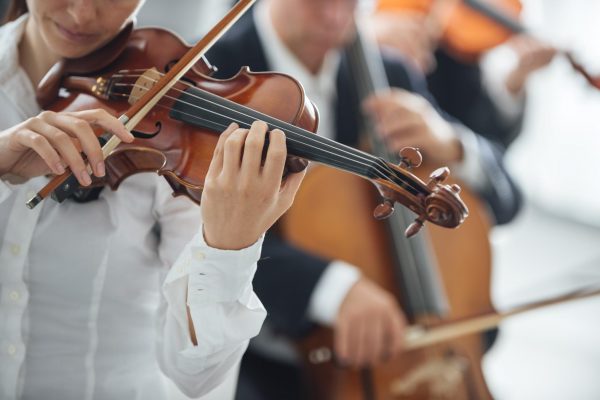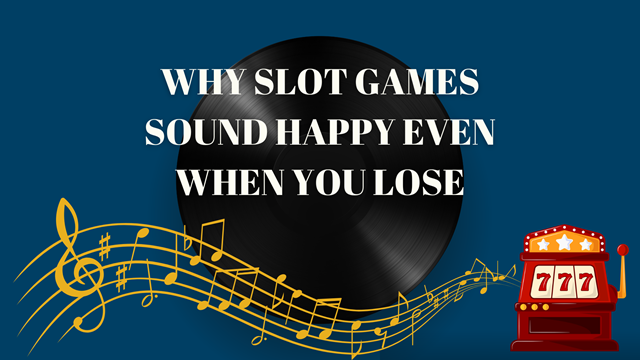
We are all familiar with the well-known phrase that “beauty is in the eye of the beholder.” Along the same lines, music is subjective to those who listen to it. If someone believes a piece of music or song to be beautiful – then it is. It is that simple. You personally know what you like or don’t like to listen to, what is pleasing to your ear, what song has a gorgeous harmony, beautiful sequence of sound, or strong rhythm. It is a preference. The classical music genre is one of the oldest forms of music there is, and therefore, has a strong reputation for being elitist.
Truthfully, the only basis for this belief runs solely on the complexities of the music and the idea that there are fewer people interested in listening to the genre, or the belief that if you listen to classical music, it makes you smarter. There is even a thought that if you were just going to listen to classical music, it means that you have to dress up. But none of this is accurate.
If you ask your local singing coach if he or she was classically trained for their voice, there should and will be a resounding “yes”. Most singers are trained this way because it is the basis for learning all of the other types of singing – just like the basis for most other types of music stem from classical music since it is one of the oldest genres existing. Popular music today was inspired by early classical music, yet not all music is classical.
Does that make it elitist, since it’s used as a basis for learning and exploring other genres? If we look at some of the reasons why people see it as an elitist form, we can identify whether or not this is so.
Expensive
Classical music programs can be expensive, most symphonies and orchestras will have you paying big bucks to attend a concert. But that doesn’t make the music itself high above any other type of music. Popular artists have expensive concert tickets too, but because they are more popular than a classical performance, people are willing to pay for the value. Generally, since classical music is not as favored, paying more for a ticket seems “elitist”. But those who enjoy listening to classical music and are willing to pay the price for a concert or symphony aren’t necessarily higher in status. Those with a love for music or even specific instruments enjoy going to a performance. The complexities of the music itself, utilizing various instruments and/or voices, aids in driving the price of a ticket, not because of the type of music. Obviously, the more people needing to be paid will also be reflected in the high cost. Think about how many instruments are needed when performing in a full orchestra or symphony. It should be understood that the cost is going to be higher with that many people involved.
Old Fashioned/Boring
There is a general idea that classical music is “old fashioned”, or the type of music that only the older generation can enjoy. There is also the thought that because of this it is very boring to listen to and not something that you would like. If you were to go to a high school or even a middle school orchestral concert, it is guaranteed that you would hear classical music being played. Most of the students learning and playing the music find it quite enjoyable as well, in particular, those who are playing it well, because they “feel” the music. Usually, if you give the music a chance or explore it, you’ll be able to find a piece or a song that you like too.
Sometimes certain pieces or movements can move a person in such a way that it stays with them, and they will continue to listen to it for years to come. The thought that only older people like to listen to classical music is simply not true. There are classical pieces that kids can enjoy and any child can that takes music lessons – whether it be voice, piano, cello, guitar, and so on – classical music is going to be a part of that study, demonstrating that in today’s culture classical music still holds its place, not tucked behind in generations.
For Snobs: The Cultured/Educated
Another consensus believes that classical music is elitist because only the “snobs” listen to it. It’s believed that if you listen to classical music it somehow makes you smarter, or that to educate yourself you need to study it. Just like with learning an instrument, because as stated before you will be learning classical music, it is thought that is what makes it seem more elitist. You could essentially hear someone tell you to listen to composers like Mozart, Bach or Beethoven and “learn something” from them. Those people may seem elitist, but ask a metal-head about the kinds of metal music, or a rock enthusiast about real rock and roll, and I’m sure you’ll find that they are just as “elitist” in their adoration for their genre of music, and believe to know all when it comes to what is the correct ‘type’ or music or how it is defined. Could we not call that person a snob too, then? They are snobby in their beliefs about metal or rock. People who decide that classical music is held to a higher standard than other types are the ones who are elitist, not the music itself.
Classical music can be enjoyed by anyone. If you truly believe that listening to classical music is boring, try another composer. If you think it is only for the cultured, take a look at some of the cartoons you listened to as a child. Did you know that a lot of them used classical music in the background? There are tons of them out there, and you probably thought that the background music was pretty cool too. Don’t be so quick to write off classical music as elitist. It’s only in the ear of the listener that can determine. Listen to your favorite song. Preach your knowledge of metal or rock. Music is good for the soul and any type of music can aid in your education, so don’t stop listening!





